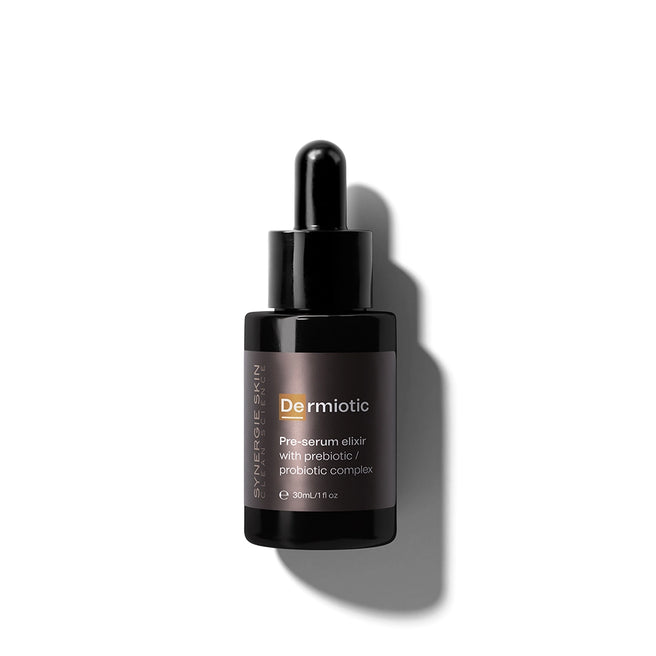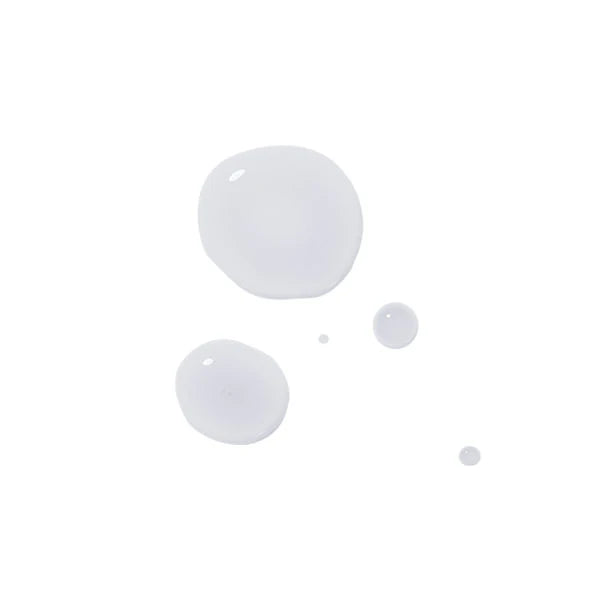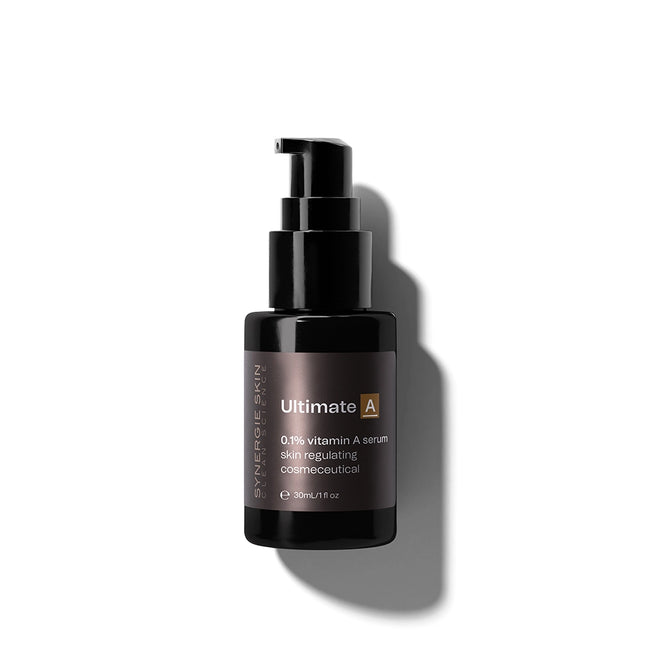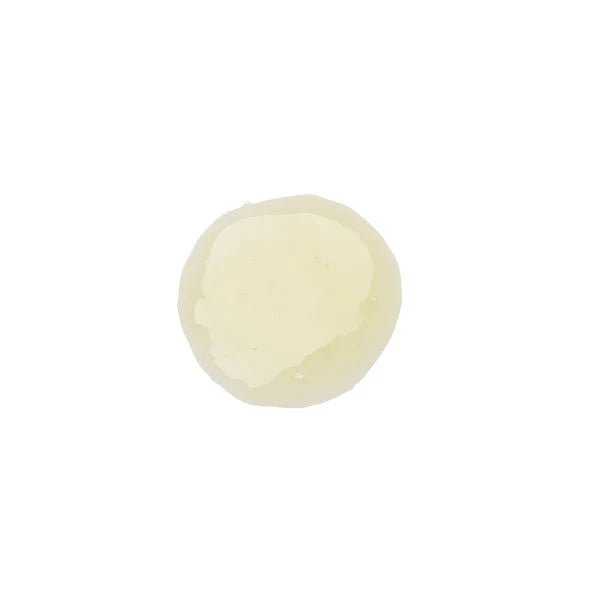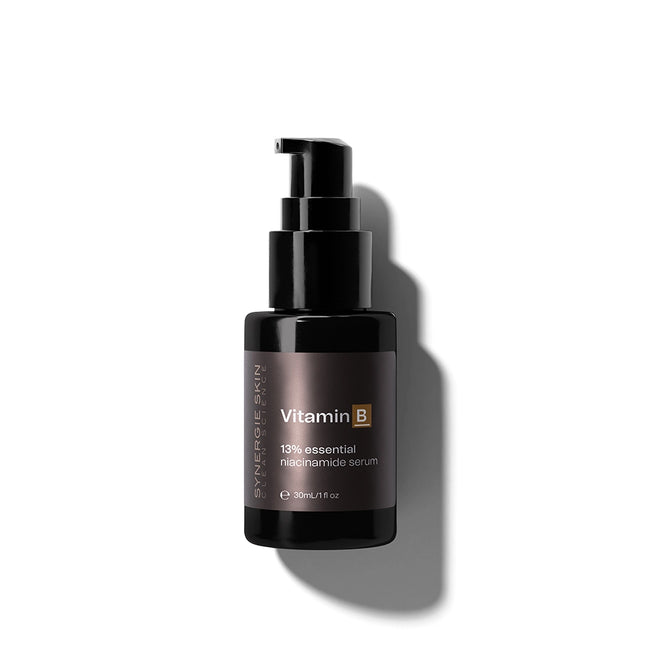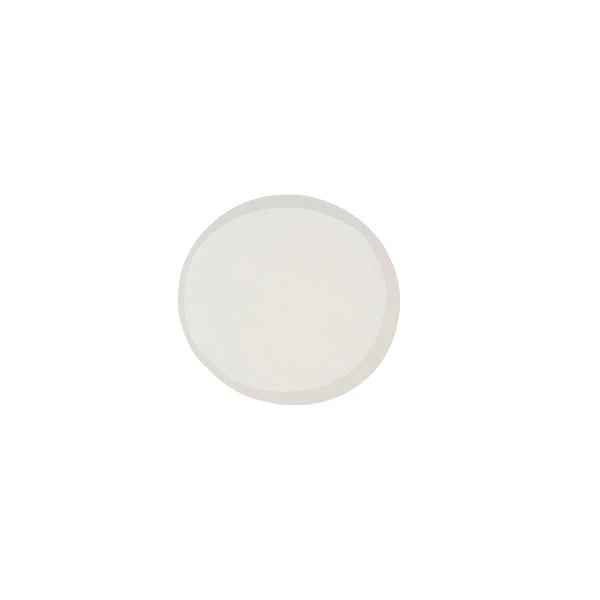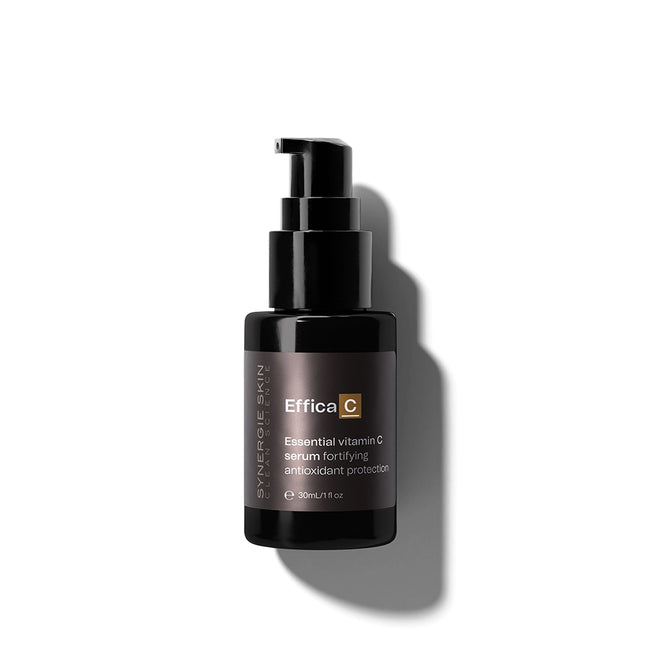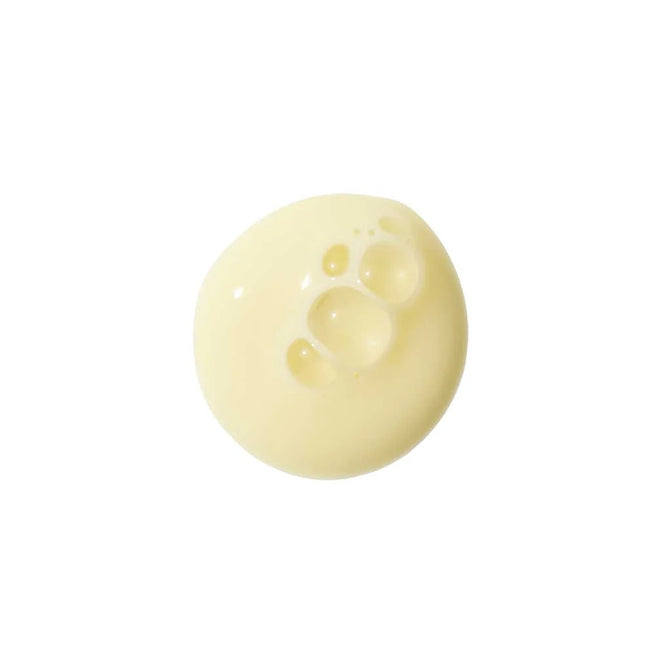On the surface of our skin lives the skin microbiome that houses billions of teeny tiny bacteria. In fact, there are more bacterial cells than skin cells. The trick is to maintain diversity and to strike a balance of good and bad bacteria. Clinical data supports the positive impact of pre, pro and postbiotics in contributing to the skin’s balance so naturally, cosmetic chemists like myself can see this translation into topical skincare.
What are prebiotics, probiotics and postbiotics?
New research has proven promising results that topical ‘biotics will balance the skin microbiome and reduce skin surface damage and inflammation.
Prebiotics
These are the ‘food’ for the good bacteria, enabling the skin to function at an optimal level while inhibiting the bad bacteria.
Probiotics
These are live beneficial bacteria that support our skin and gut health.
Postbiotics
This is a new term in science and has not been accepted fully in the research field with a scientifically accepted definition. This term describes the active by-products from lysates of probiotic bacteria. Postbiotics (Probiotic lysates) are like chopped up pieces of the probiotic bacteria, which offer the beneficial effects of probiotics but are more resistant to being destroyed in the bottle. Postbiotics are the best way of delivering the benefits of good bacteria in a skincare product. I personally prefer to incorporate the postbiotic factors rather than live bacterial cells. These are molecules directly derived from probiotic bacteria but are not destroyed by the bacteria-killing preservatives in the skincare jars and bottles. It is basically a better way of delivering probiotic benefits.
Shop Dermiotic Prebiotic and Postbiotic complex.
.webp?v=1695346488363)
How do they work on the skin?
Like the gut, the health of the skin is dependent on the right balance of good and bad bacteria. Clinical studies have shown prebiotic, probiotic and postbiotic skincare can significantly increase the populations of good bacteria, reduce inflammation and redness, assist with balancing the pH of the skin and strengthen the barrier. A randomised clinical trial (Guiniche et al Journal of Experimental Dermatology, 2010) concluded that a probiotic lysate (now referred to as a postbiotic) of Bifidobacterium longum significantly reduced sensitivity and restored impaired barrier function of the skin. Bifidobacterium is one of my favourite postbiotics (probiotic lysate) that I formulate within my lab as an active ingredient that promotes a healthy barrier. I also like to use purified inulin as a topical prebiotic ingredient to feed the good bacteria and inhibit the bad guys living on the surface of the skin.
Do you need to use them continuously to see results?
Introducing topical prebiotics, probiotics and postbiotics into your routine combined with the essential skincare ingredients such as vitamin A, niacinamide and vitamin C, consistency will reap rewards. The three ‘biotics should be essential to all skincare routines as our skin barrier is continuously being challenged by pollution, environmental toxins, and stress. Studies clearly demonstrate that topical ‘biotic nutrition provides measurable ongoing skin benefits.
How does topical 'biotics compare to supplements?
In contrast to microbiome balancing skincare, ingestible pre/probiotic supplements are faced with entirely different conditions compared to the skin. Supplements must be able to withstand conditions of the varying conditions of the gut, which is very different to the surface of the skin, but like topicals, they must support good bacteria for optimal health and immune function. Both the skin and the gut must protect us from the external environment and the microbiome balance plays a vital role in this protection. The skin and gut are connected and both the skin and gut microbiome work in synergy to improve immunity, fight harmful pathogens, reduce inflammation and skin irritation, reduce and help control stress, balance metabolism and blood sugar, improve sleep and even elevate our mood!
[Disclaimer: The information provided here is for educational purposes only and should not replace professional skincare advice. Consult a dermatologist or skincare specialist for personalised recommendations.]




.webp?v=1695346602827)
